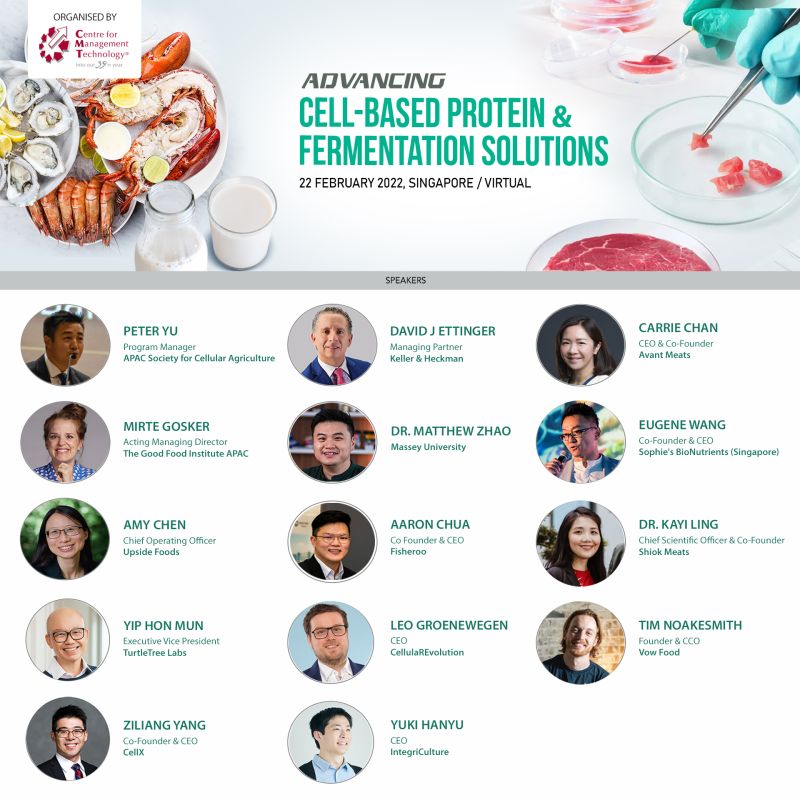Here’s the basic problem for conservation at a global level: food production, biodiversity and carbon storage in ecosystems are competing for the same land. As humans demand more food, so more forests and other natural ecosystems are cleared, and farms intensify and become less hospitable to many wild animals and plants. Therefore global conservation, currently focused on the COP15 summit in Montreal, will fail unless it addresses the underlying issue of food production.

Fortunately, a whole raft of new technologies are being developed that make a system-wide revolution in food production feasible. According to recent research by one of us (Chris), this transformation could meet increased global food demands by a growing human population on less than 20% of the world’s existing farmland. Or in other words, these technologies could release at least 80% of existing farmland from agriculture in about a century.
** Click here to read the full text **








